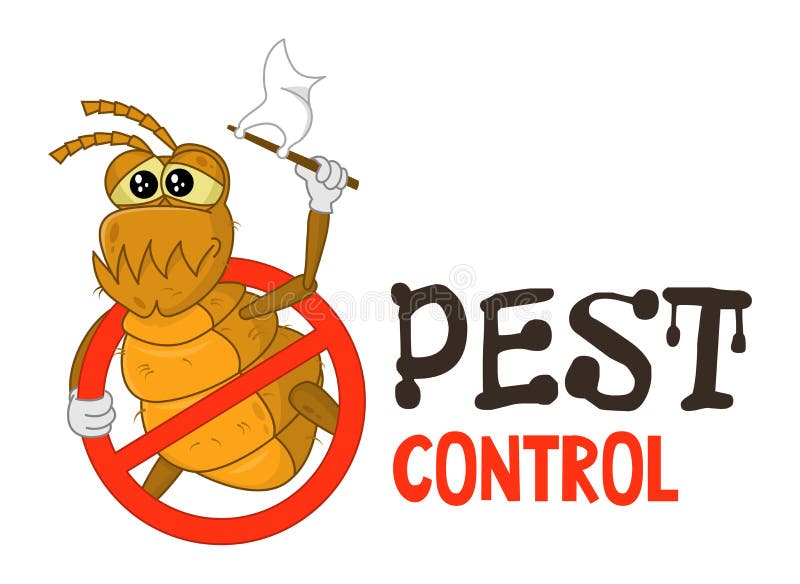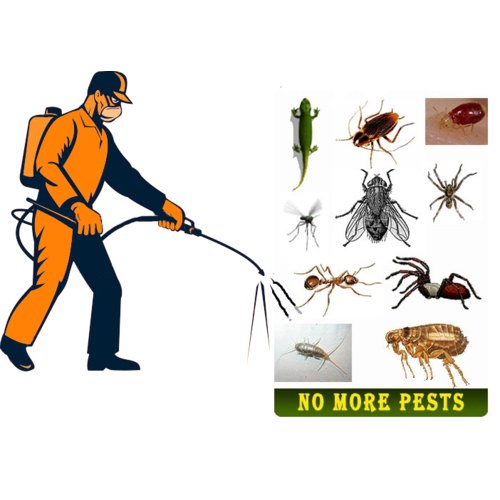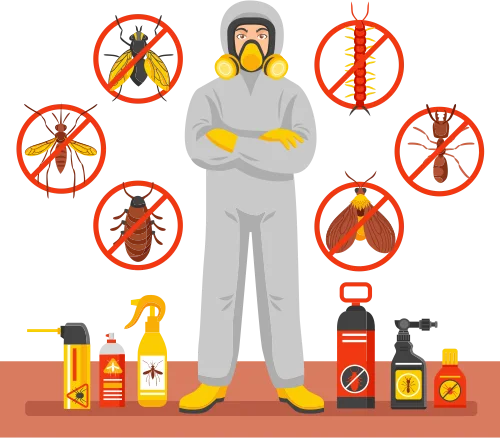Trusted Exterminator Coquitlam Services for Effective Pest Management
Trusted Exterminator Coquitlam Services for Effective Pest Management
Blog Article
Safe and Trusted Bug Control for Lasting Protection
Reliable pest administration requires a diverse strategy that balances environmental honesty with the need for efficient pest suppression. The subtleties of these approaches may not be promptly clear, prompting a closer assessment of the techniques that can lead to sustainable insect control end results.
Understanding Insect Control Techniques
Pest control encompasses a range of approaches intended at handling and eradicating unwanted bugs and rats that can threaten both wellness and building. Comprehending these methods is essential for effective bug administration.
The main classifications of pest control techniques consist of mechanical, organic, and chemical strategies. Mechanical approaches entail physical obstacles and catches to avoid pest entry and capture unwanted species. Making use of displays on windows or employing sticky traps can significantly reduce parasite populations without introducing damaging compounds - exterminator coquitlam.

Chemical bug control is typically the most acknowledged method, making use of pesticides to remove bugs. These chemicals can be effective yet should be made use of with caution to stay clear of negative effects on non-target types and the environment.
Benefits of Eco-Friendly Solutions
How can environment-friendly services change pest control methods? The adoption of environment-friendly pest control techniques supplies various advantages, significantly improving the effectiveness and safety of pest management (exterminator coquitlam). These remedies utilize natural components, lowering the reliance on dangerous chemicals that can present threats to human health and the environment. This change not just protects households and family pets but also reduces the capacity for dirt and water contamination.

Another benefit is the positive impact on neighborhood biodiversity. Green options are developed to target specific parasites while protecting advantageous insects and wild animals, promoting a well balanced environment. This method aligns with the expanding consumer need for sustainable techniques, improving the reputation of parasite control companies.
Integrated Insect Monitoring Techniques
The implementation of green services normally results in the fostering of Integrated Insect Monitoring (IPM) techniques, which further improve parasite control effectiveness. IPM is an all natural method that incorporates numerous techniques to manage parasite populaces while decreasing environmental influence. This technique highlights making use of biological, social, mechanical, and chemical controls, guaranteeing a sustainable and balanced approach of pest administration.
One basic aspect of IPM is the thorough evaluation of bug task and environmental conditions. By keeping an eye on parasite populations and determining their life process, experts can implement targeted interventions that interrupt the bug's environment or lifecycle, reducing reliance on chemical pesticides. Additionally, cultural methods such as plant turning and environment adjustment can significantly diminish insect establishment and reproduction.
One more important part is the usage of organic control representatives, such as beneficial insects or bacteria, which can naturally suppress pest populations. When chemical applications are necessary, IPM prioritizes using low-risk chemicals and uses them uniquely, decreasing direct exposure to non-target microorganisms and human beings.
Including IPM methods not just enhances insect control efficiency but also advertises a more secure ecological community, straightening with the expanding need for sustainable practices in pest monitoring.
Safe Practices for Home Owners
Recognizing the value of risk-free practices in pest control can encourage house owners to successfully manage pest concerns while securing their health and wellness and the environment. Applying safe methods and safety nets is essential in minimizing direct exposure to damaging chemicals.
Homeowners must initially evaluate their setting for conditions that draw in parasites, such as standing food, mess, and water waste. Routinely cleansing and securing entry points can prevent insects from attacking the home. Using natural deterrents, such as essential oils or diatomaceous earth, can give effective choices to chemical pesticides.
When chemical treatments are necessary, home owners need to choose for items that are especially labeled as risk-free for household usage. It is necessary to comply with application standards diligently to avoid overexposure. Utilizing targeted treatments in areas where insects are determined, rather than blanket spraying, can considerably minimize chemical use.
Finally, preserving open communication with insect control specialists is important. Property owners ought to ask regarding the safety of products used and demand green alternatives whenever feasible. By embracing these risk-free practices, homeowners can create a much healthier living atmosphere while successfully handling pest issues.

Tips for Long-Term Security
Establishing a pest monitoring method that highlights long-term defense can considerably improve the effectiveness of the secure methods formerly gone over. To accomplish this, homeowners need to execute regular assessments of their residential property, focusing on concealed areas such as attic rooms, basements, and crawl rooms. Early detection of parasite activity is crucial in stopping infestations from holding.
These methods reduce attractants that draw pests right into the home. Securing entry factors, such as cracks around doors and home windows, can efficiently obstruct possible parasite access.
Landscaping must additionally be taken into consideration; keeping plants trimmed and maintaining a distance between plants and the home lessens concealing places for parasites. Utilizing natural deterrents, such as vital oils or diatomaceous earth, can additionally prevent problems without considering rough chemicals.
Last but not least, collaborating with a professional pest control service for periodic evaluations can provide an extra layer of security. These experts can offer customized referrals and progressed therapies, making sure that your home stays important site secured versus bugs in the lengthy term.
Verdict
Finally, secure and trusted bug control needs a multifaceted approach that stresses green approaches and integrated pest monitoring. By applying natural deterrents, conducting normal assessments, and preserving proper hygiene, homeowner can significantly lower bug populations while shielding useful insects and the setting. Partnership with specialist bug control services improves the effectiveness of these approaches, guaranteeing customized services that provide enduring protection and comfort against future invasions.
Reliable insect monitoring needs a complex method that stabilizes ecological stability with the demand for efficient parasite suppression. The fostering of eco-friendly insect control approaches offers many advantages, considerably boosting the effectiveness and security of bug management.The application of green solutions naturally leads to the adoption of Integrated Bug Monitoring (IPM) techniques, which additionally boost pest control efficacy. exterminator coquitlam. By keeping an eye on parasite populations and identifying their life cycles, specialists can carry out targeted treatments that interfere with the insect's habitat or lifecycle, reducing reliance on chemical pesticides.In conclusion, safe and reliable insect control calls for a diverse approach that emphasizes environment-friendly methods and integrated pest management
Report this page